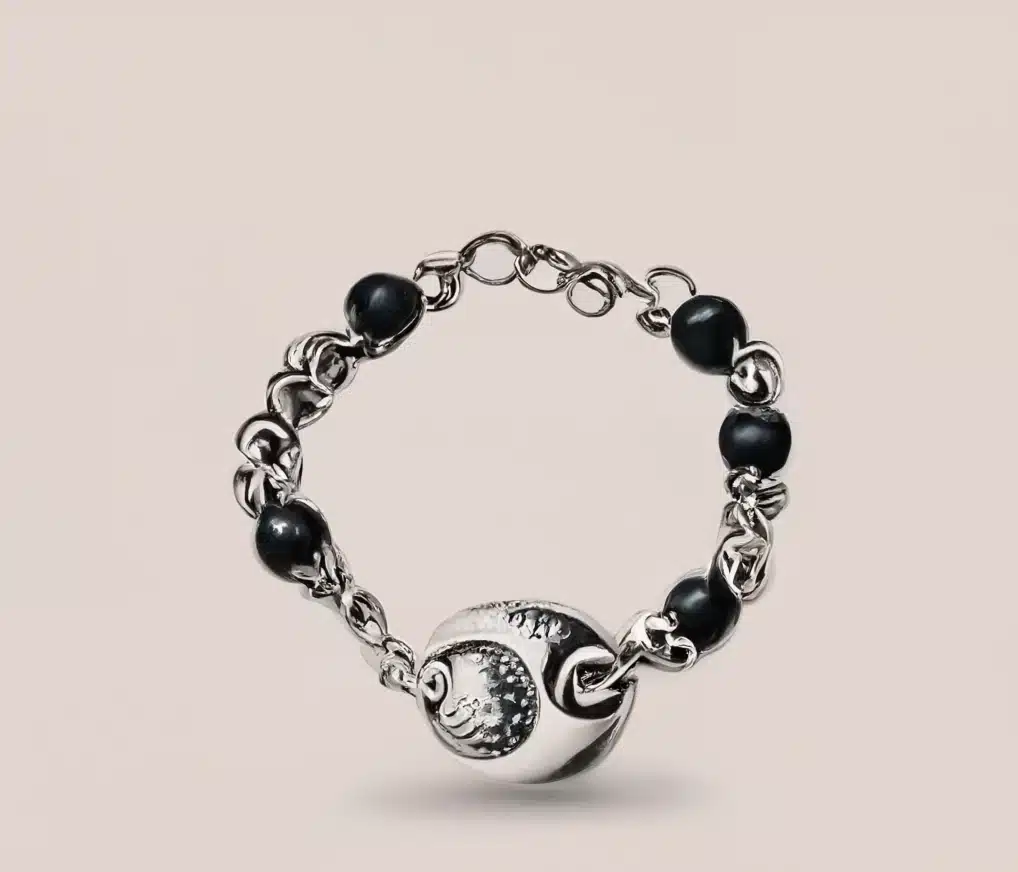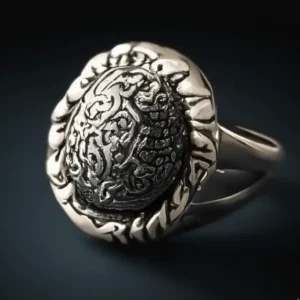
Sterling Silver: A Safe and Stylish Choice for Sensitive Ears, Skin and Piercings
Table of Contents

When it comes to choosing jewelry especially for those with sensitive skin or allergies finding the right metal is crucial. Sterling silver, known for its beauty and durability, is a popular option. In this article we will address common concerns regarding sterling silver’s hypoallergenic properties, its nickel content and its suitability for individuals with sensitive ears, skin and piercings.
Is Sterling Silver Hypoallergenic?
While it is not accurate to label sterling silver as universally hypoallergenic. It is generally considered safe for most individuals with sensitivities. Sterling silver is an alloy composed of 92.5% silver and 7.5% other metals, typically copper. The copper content provides strength and durability to the silver, making it suitable for jewelry production. However, some people may still experience allergic reactions or skin sensitivities to sterling silver due to individual variations.

Is Sterling Silver Nickel-Free?
Sterling silver by definition does not contain nickel. Nickel is a common allergen and can cause skin irritations or allergic reactions in some individuals. Therefore if you have a known nickel allergy sterling silver can be a safe alternative. However it’s essential to note that the presence of other metals in sterling silver, such as copper, may still cause reactions in rare cases. If you have a severe sensitivity to copper it is advisable to explore alternative metals or hypoallergenic options.
Is Sterling Silver Good for Sensitive Ears and Skin?
Yes sterling silver is a good option for people with sensitive ears and skin. Many individuals with sensitive ears or skin find that sterling silver is a suitable choice. The purity of silver in sterling silver (92.5%) reduces the likelihood of adverse reactions compared to lower-quality alloys. However it’s important to consider individual sensitivities and allergies. Some people may still experience mild irritation or sensitivity to sterling silver. In such cases hypoallergenic or pure metals like gold, platinum or titanium might be better alternatives.
Checkout our guide to cleaning your jewelry
Sterling Silver for Piercings and Earrings
Sterling silver is commonly used for earrings and various types of body piercings. Its popularity stems from its aesthetic appeal and affordability. When choosing sterling silver jewelry for piercings it’s essential to prioritize safety and cleanliness. Look for high-quality, properly sterilized sterling silver jewelry to reduce the risk of infections or complications. Additionally ensure that the design and style of the jewelry are suitable for your specific piercing to promote proper healing and comfort.
It’s worth noting that even with high-quality sterling silver jewelry certain individuals may still experience reactions or discomfort due to personal sensitivities or healing processes. In such cases seeking guidance from a professional piercer or dermatologist can provide tailored advice and recommendations.
Sterling silver is generally considered safe and suitable for individuals with sensitive ears, skin and piercings. It is important to understand that everyone’s body reacts differently. While it is nickel-free, it may still cause reactions in rare cases due to other metals present in the alloy. If you have known allergies or sensitivities, it is advisable to perform patch tests or consult with a healthcare professional before wearing sterling silver or to explore alternative hypoallergenic metals. By considering individual needs and choosing quality jewelry you can enjoy the beauty and versatility of sterling silver while minimizing the risk of adverse reactions.



